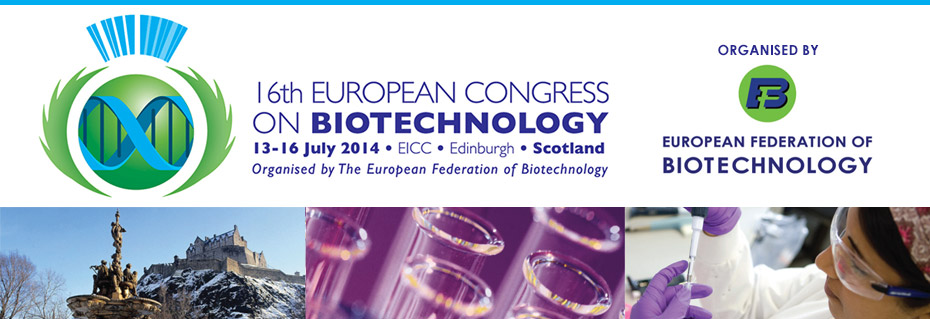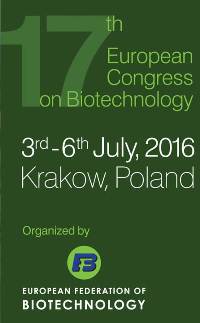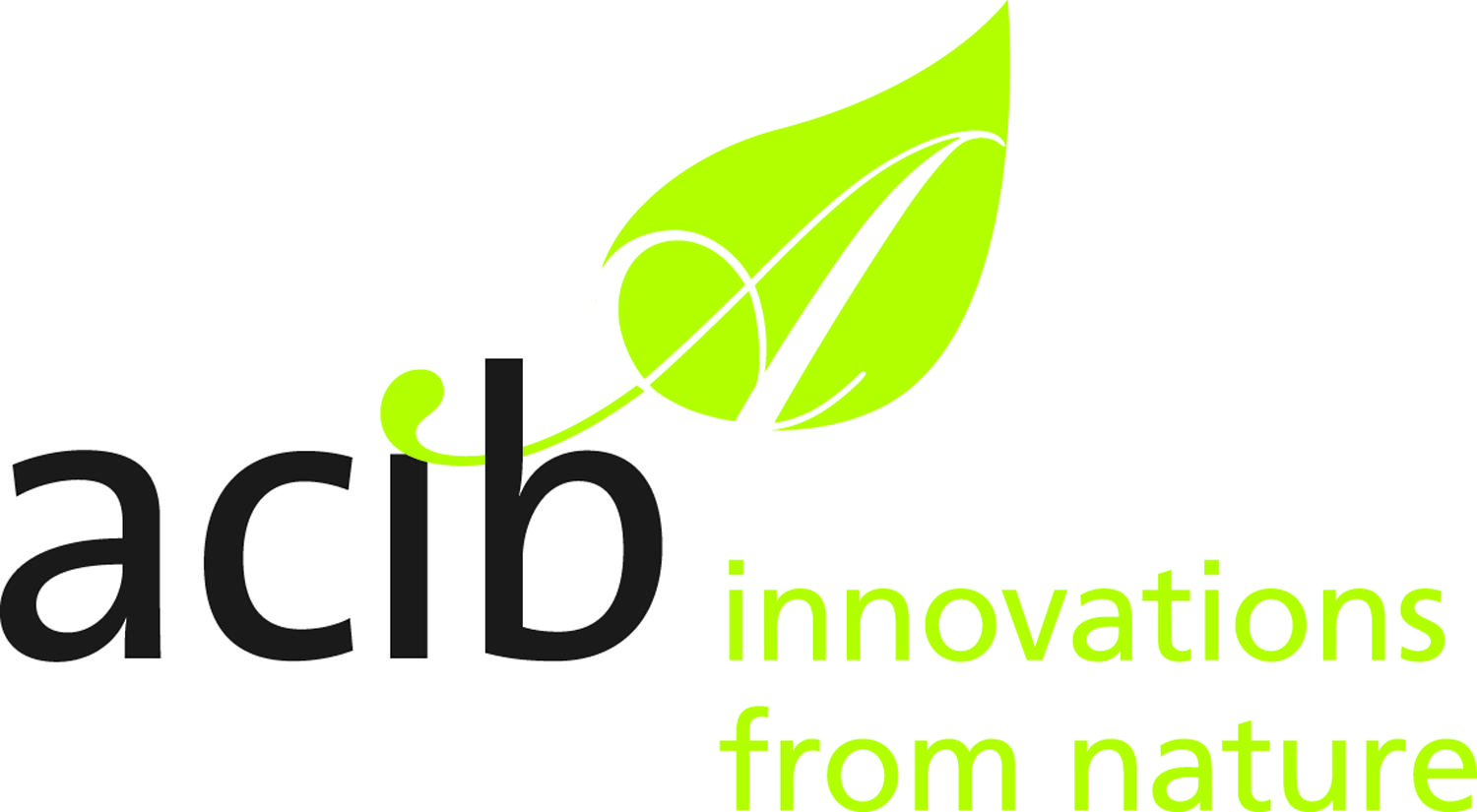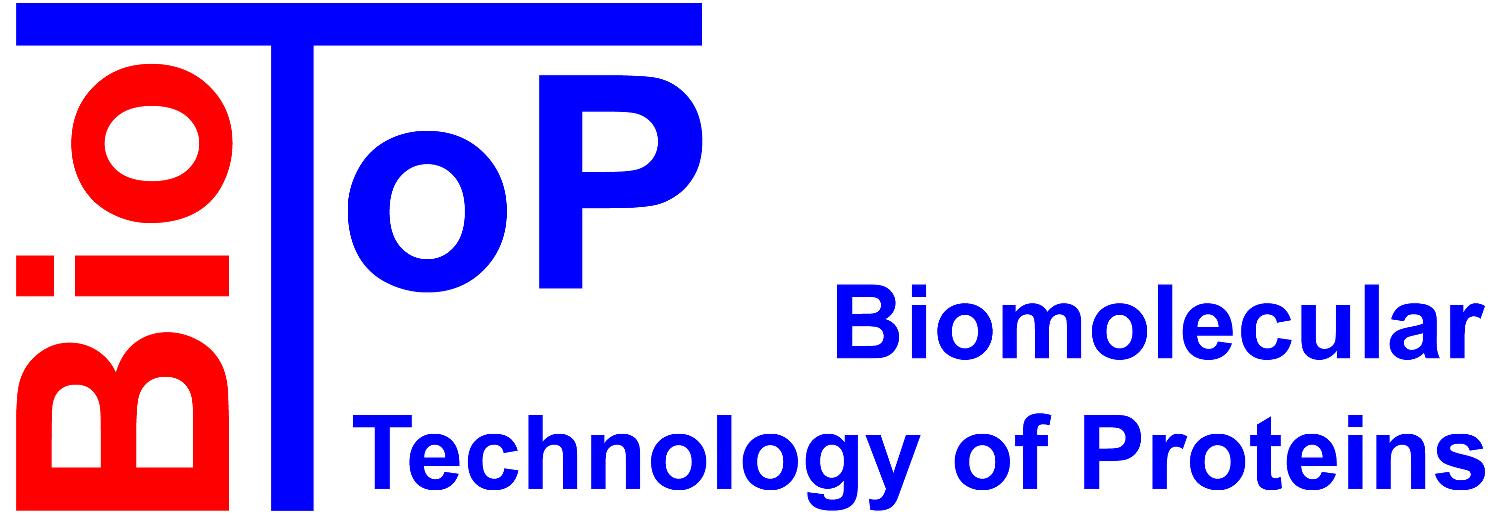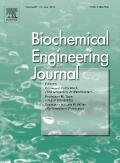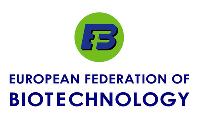The 16th European Congress of Biotechnology broke new ground, whilst still respecting traditional areas of biotechnology. The programme included:
- Plenary lectures by some of the world's top biotechnologists (see Confirmed Speakers below);
- 20 scientific symposia lead by eminent biotechnologists, with an emphasis on presentations by young scientists from across the spectrum of biotechnology;
- Highlight events on social and political issues especially targeted to the job seeking needs of young biotechnologists;
- Satellite events for graduate schools and industries in the SME sector.
| Plenary speakers include: |
| Prof. Ann Glover, Chief Scientific Advisor to the President of the European Commission |
| Prof.
Sang Yup Lee, Korea Advanced Institute of Science and Technology, speaking on "Bio-based production of chemicals, fuels and materials by metabolically engineered microorganisms" |
| Prof. Martin Fussenegger, Department of Biosystems Science and
Engineering, Swiss Federal Institute of Technology, speaking on "Prosthetic gene networks for biomedical applications" |
| Prof. Jay Keasling, Department of Chemical & Biomolecular Engineering, University of California, Berkley |
The 20 scientific symposia included many aspects of bioprocessing and biochemical engineering, industrial biotechnology, biocatalysis and systems and synthetic biotechnology. Plant and medical biotechnology was well represented, but a major difference from recent ECB congresses was the strong representation of environmental biotechnology.
To view the programme please click here.
Highlight events
Sunday 13 July
Industrial biotechnology from fundamentals to practice
Organised by the Austrian Centre for Industrial Biotechnology (ACIB)
10:00 - 14:30
10:00 -10:25 Two Promising Biocatalytic Tools: Regioselective Carboxylation of Aromatics and Asymmetric Hydration of Alkenes (Abstr. ID 2793), Silvia Glueck (acib)
10:25 -10:40 Unconventional substrates for Enzymatic reduction: Carboxylates and Nitriles (Abstr. ID 3026), Margit Winkler (acib)
10:40 -10:55 Engineering of cupin hydroxynitrile lyases (Abstr. ID 2651), Kerstin Steiner (acib)
10:55 -11:20 Enzyme responsive Polymers (Abstr. ID 2794) Alexandra Rollett (acib/BOKU)
11:20 -11:35 Esterases from Clostridium are Involved in AnaerobicDegradation of Synthetic Polyester (Abtr. ID 2443) Veronica Perz (acib)
11:35 -11:50 Designing robust Saccharomyces cerevisiae strains against stresses encountered during bioethanol fermentations from lignocellulosic biomass (Abstr. ID 2817), Vinod Kumar (University of Nottingham)
11:50 -12:40 Lunch
12:40 -13:05 Systems biology of Pichia pastoris (Abstr. ID. 3027) Brigitte Gasser (acib/Boku)
13:05 -13:20 Cross-species comparison of recombinant protein secretion in CHO cells and Pichia pastoris (Abstr. ID 2844), Nils Landes (acib)
13:20 -13:35 Utilization of Recombinase Mediated Cassette Exchange (RMCE) for the generation of recombinant CHO cell lines with defined expression properties (Abstr. ID 2786), Martina Baumann (acib)
13:35 -13:50 Integrated continuous refolding and precipitation of proteins in a tubular reactor (Abstr. ID. 2515) Siqi Pan (acib)
13:50 -14:15 From multi-sequence alignment to metabolic engineering to minimal drug cocktails: a new hitting set calculator (Abstr. ID 3025), Jürgen Zanghellini (acib)
14:15 -14:30 13C Metabolic flux analysis of co-culture systems: a novel approach (Abstr. ID 2603) Maciek Antoniewicz (University Delaware)
Click here for a detailed programme.
YEBN communications workshop
Supported by the Scottish Universities Life Science Alliance (SULSA)
10:30 - 12:30
![]() This workshop is open to all registrants for the Congress, but is especially designed for PhD students and post-doctoral scientists at an early stage of their careers. The workshop will consist of three components.
This workshop is open to all registrants for the Congress, but is especially designed for PhD students and post-doctoral scientists at an early stage of their careers. The workshop will consist of three components.
10:30 -10:35 Introduction and Welcome
10:35 - 11:15 Connecting with People and Active Networking, Alison Gray (Skillfluence)
11:15 - 11:30 An orienteering session by the EFB: organisation of the EFB, its Sections and how to become involved.
11:40 - 12:40 Career planning and development, Alison Gray (Skillfluence)
Biomolecular technology of proteins
Organised by BioToP - The international PhD Programme in Protein Biotechnology at BOKU Vienna.
14:50 - 16:45
14:50 - 15:30 Keynote Lecture: Design and Engineering of Next Generation Mammalian Cell Factories, David James, University of Sheffield
15:30 - 15:45 Characterization of a novel cell penetrating peptide derived from human Oct4, Eva Harreither
15:45 - 16:00 From slow to fast: Effects of growth rate on global gene expression and recombinant protein secretion in Pichia pastoris, Corinna Rebnegger
16:00 - 16:15 The human anti-HIV antibodies 2F5, PG9 and 2G12 differ in their proteolytic susceptibility, Melanie Niemer
16:15 - 16:30 Chlorite dismutases and dye-decolorizing peroxidases ̶ similarities and differences within a structural superfamily of heme proteins, Irene Schaffner
16:30 - 16:45 Enzymatic oxidation of plant polysaccharides adsorbed to cellulose surfaces, Filip Mollerup
Monday 14 July
2014 Young Investigator Award Winner: Chetan Goudar
The Editors of the Biochemical Engineering Journal, in cooperation with the 16th European Congress of Biotechnology Conference, are very pleased to announce the selection of Chetan Goudar as the recipient of the fifth Biochemical Engineering Journal Young Investigator Award.
Chetan Goudar will present a summary of the research from his groups and a perspective on how the future of biopharmaceutical process development and commercial manufacturing might look like in a talk entitled “A Glimpse into the Future of Mammalian Cell Culture Process Development: Innovative Approaches to Impact Time to Clinic, Product Quality, and Cost of Process Development and Commercial Manufacturing.”
About the award: Launched in 2009, this now annual award recognizes outstanding excellence in research and practice contributed to the field of biochemical engineering by a young community member. Award winners receive a cash prize of 2,500 U.S. Dollars and present a Keynote Lecture at the elected conference. Award recipients are also invited to compose a review article for the Biochemical Engineering Journal, based on the topic of their lecture.
About the Biochemical Engineering Journal: The Biochemical Engineering Journal aims to promote progress in the crucial chemical engineering aspects of the development of biological processes associated with everything from raw materials presentation to product recovery relevant to industries as diverse as medical/healthcare, food, and environmental protection. The Journal is well established in areas such as environmental bioengineering, immobilized enzymes and microorganisms, and bioreactor modeling and optimization. The Journal continues to develop its profile to encompass the areas of protein engineering and recombinant protein production, systems biology, metabolic engineering, and cell and tissue engineering. The 2012 Impact Factor* for the Biochemical Engineering Journal is 2.579. For more information, please visit www.elsevier.com/locate/bej. *®Journal Citation Reports 2013, published by Thomson Reuters.
Publications workshop: How to get your science published
13:15 - 14:45
13.15 - 13.20 Welcome by the Chair, Dr. Mike Taussig, Editor-in-Chief of the EFB Journal, New Biotechnology
13.20 - 13.30 How to make sure your paper will be rejected, Jeff Cole, EFB Vice-President
13.30 - 13.45 How to improve the chance of your paper being accepted, Mike Taussig, Editor-in-Chief of the EFB Journal, New Biotechnology
14:00 - 14:15 How to select the most appropriate journal for your work, Vicky Johnson, Wiley representative on behalf of the UK learned Societies
14.15 - 14.30 What happens after my paper has been submitted: how to interact with editors and reviewers, Lynn Sherrer, Elsevier
14.30 - 14:45 Questions and answer session; Meet the editors
Innogen Institute Session: Governance, Risk and Responsible Innovation
Organised by Prof Joyce Tait and Dr Jane Calvert, Innogen Institute, University of Edinburgh
13:30 - 14:30
The concept of ‘Responsible Research and Innovation’ (RRI) is an increasingly important component of European and UK governance agendas, particularly for advanced biotechnologies. If you haven’t met it already you are likely to find it as a heading in your next grant application. Proposed as an approach to governing innovative technologies, different interpretations of the term and experiences of its use are emerging between policy makers, UK research councils, the European Commission (Horizon 2020) and companies. For example should the approach to RRI be different for basic research and for downstream development of an innovation? What should be the relative roles of stakeholder engagement, formal risk regulation and soft law/government policies at different points in an innovation process? The four speakers will each give a short presentation to explore these different perspectives and we will then open the session up to a broader discussion with the audience.
Chair Jane Calvert
Speakers:
Joseph Murphy, Glasgow University, EPSRC funded project on RRI.
Alison Frew, Ingenza, operationalising the TSB’s RI Framework
Patrick Middleton, BBSRC, BBSRC approach to RRI
Joyce Tait, Innogen Institute perspective on RRI
Bioeconomy
17:45 - 19:45
Bioeconomy is based on the sustainable transformation of renewable biological resources into a variety of bioproducts and bioenergy. Bioeconomy has two major objectives: the first one aims to reduce the dependence on fossil and non-renewable resources and the second one, to diminish the impact of human activity on climate change.
Contrary to the current fossil fuel based economy, bioeconomy needs to be sustainable in order to be successful. The European Union, the USA, and other major countries and regions in the world have developed policies in respect to the bioeconomy.
The seminar will benefit from the presence of high rank officials from the European Commission, the OECD and India. They will discuss the policy options and strategic initiatives that their respective counties and regions are taking in relation to the bioeconomy, in particular the goals to be implemented by 2020. The session will also have a panel discussion where the participants at ECB16 will have the opportunity to put forward questions and to discuss with the panellists their vision of biotechnology.
Tuesday 15 July
Sponsored symposium
13:15 -14:30
See main programme for abstract details
Careers workshop: How to manage your career post qualification
13:30 - 14:30
There are a number of exciting opportunities for those who have completed qualifications beyond undergraduate level and this workshop will help you navigate this part of your career.
The Careers Group’s Emma Baker, will be help you evaluate the career options open to you after a Masters or PhD, discuss some of the practicalities of finding and applying for jobs and teach you how to promote your skills and experience effectively to potential employers inside and outside academia. Emma will also be available for some ‘one to one’ advisory sessions after the workshop.
Future collaborations of AFOB-EFB and MOU signing ceremony
Open meeting organised by the Asian Federation of Biotechnology
13:45 - 14:30
13:15 - 13:30 Welcome Address & Congratulatory Remarks,
Ho Nam Chang, President, AFOB
Marc van Montagu, President, EFB
Brian Clark,Vice President, EFB
Jeffery Cole, Vice President, EFB
13:30 - 13:40 Asian Federation of Biotechnology (AFOB) as A Driving Force for Collaborative Growth of Biotechnology in Asia and Beyond, Jian-Jiang Zhong, Secretary General, AFOB
13:40 - 13:50 Academic Division of AFOB and Possible Collaboration with EFB, Wen-Chien Lee, Deputy Secretary General, Academic Committee, AFOB
13:50 - 14:00 Advances in Biotechnology in Asia and Future Collaboration with EFB, Tai Hyun Park, Deputy Secretary General, Publication Committee, AFOB
14:00 - 14:10 Historical Background for the Establishment of AFOB, Jung-Keug Park, Korea Vice President, AFOB
14:10 - 14:30 AFOB-EFB MOU Signing Ceremony
Living in a post-antibiotic era: the challenge of disease resistance
18:00 - 19:30
Dr Paul Hoskisson (University of Strathclyde, UK) leads a discussion on the impending ‘post-antibiotic’ world that could soon become a reality. Our panel of experts will outline the challenges that the global community faces as the drugs of today become obsolete. Find out what it means for you and your family’s health care, and how scientists and policy makers are working together to develop innovative solutions.
Ask your questions or listen to the thought provoking discussion. Come and join us for an eye opening evening of vibrant discussion and lively debate.
This event is open to the public.
